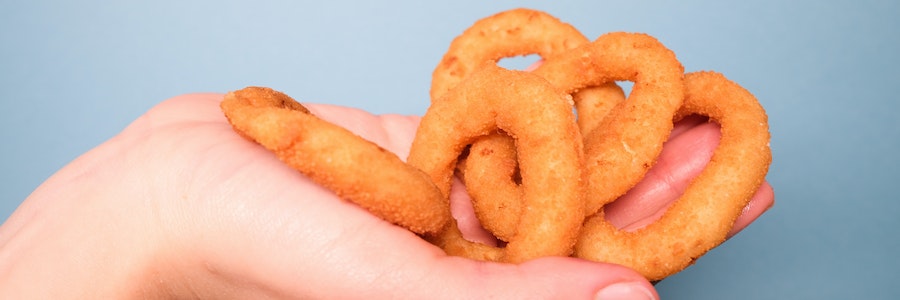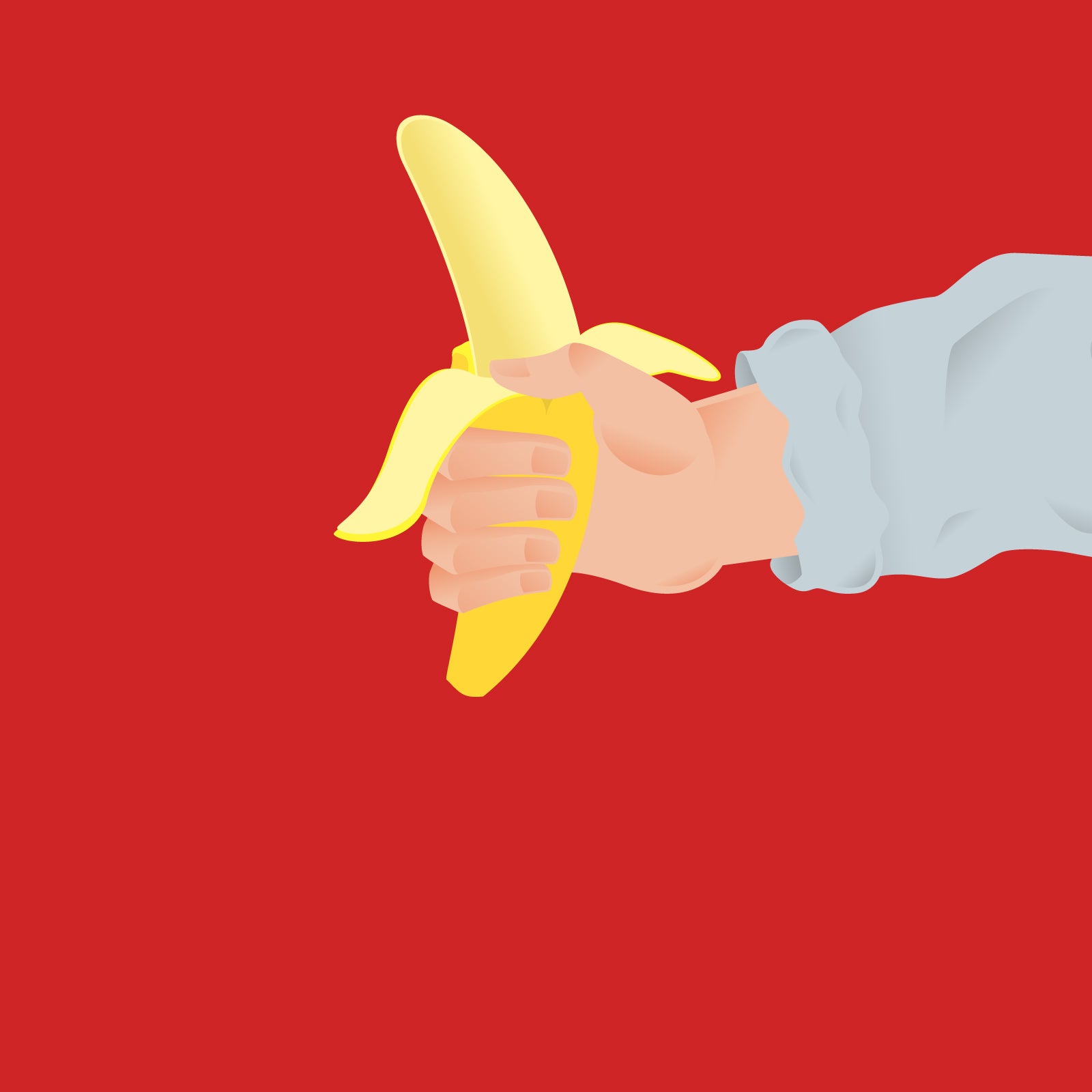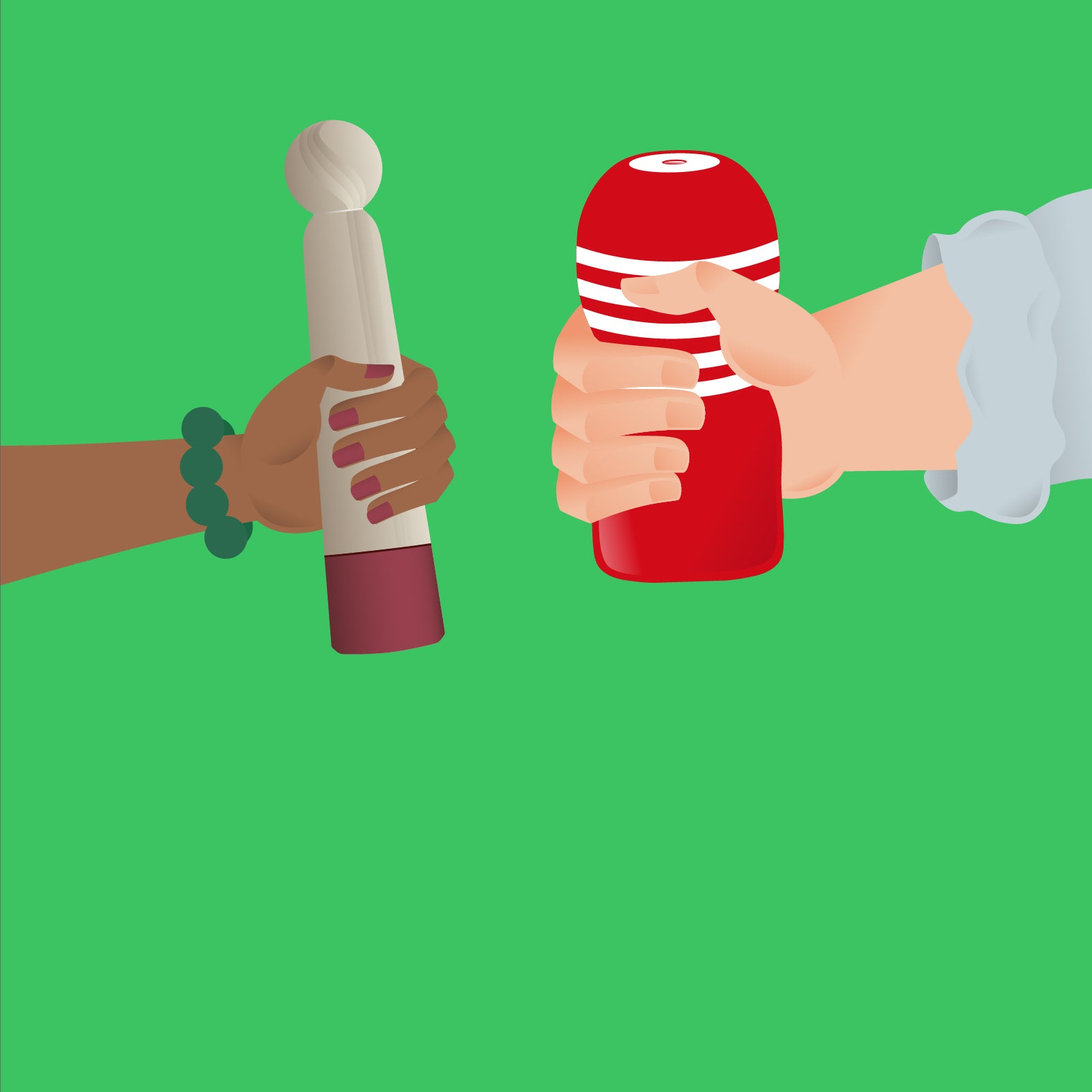
Is “Real Masturbation” Really About Masturbation
Do you remember growing up and one day realizing that the “thing” between your legs was not only good for peeing, but was also a literal “joystick”? You couldn’t wait to be alone to discover more about it for yourself!
Do you also remember being strongly discouraged not to touch it in “that way” or you’ll go blind, or you’ll mess up your entire life (never really being explained how it could ruin your life) – you’ll end up being poor, homeless, an alcoholic, or a drug addict and ultimately cast out of society? Schools never really talked about it, your parents were probably too embarrassed to, and your church, if you went to one, may have told you that masturbation was the road to H-E-L-L. And your friends? You wouldn’t dare talk about it to your friends for fear they would spread it around school that you “choked the chicken” or “spanked the money”. You would be ridiculed for years and never hear the end of it! There was nowhere you could turn to for any type of role model, except TV and movies. But what kind of image was the media portraying about masturbation? How did it affect your view or your way of doing it?
In this article we are going to discuss how some of these media influences, as well as society, affected your image of what real masturbation is.

CONTENTS
- What Was Your Impression of Real Masturbation Growing Up?
- Lights, Camera, and Definitely No Action
- The Effect on Us
- In Summary
What Was Your Impression of Real Masturbation Growing Up?

Awkward, embarrassed, ashamed to discuss it with anyone? Maybe you thought you were the only one in the world who couldn’t stop yourself or control those urges. Did your mom ever do it, or your dad? You mean the people who fed and clothed you, and when they were your age, used to walk twenty miles one-way to school in ten feet of snow with no shoes, hopping on one leg? Never! Not those parents! You definitely couldn’t talk to them about it.
Were you relieved to see that someone in the movies was actually doing it, albeit in a creepy, awkward way? Perhaps you may have seen Jason Biggs do it with an apple pie, or a tube sock in American Pie, or saw a young Tom Cruise dream about getting it on with the babysitter in Risky Business. All three ended up in embarrassment or frustration, like it was a thing to be ashamed of if you got caught. And sure, they may have been portrayed in that way for comedic purposes, but the depiction was nonetheless reinforcing the negative stereotype of masturbation.
Portrayals of masturbation in the media were originally influenced by other sources. A lot of the so-called repercussions of masturbating in the West originated from Judeo-Christian and Muslim interpretations of it being a sin, or haram. Like a lot of religious beliefs, someone took it a little too far and started embellishing; you’ll go blind, you’ll get hairy palms, you’ll be sent to a monastery, your penis will shrink, etc. None of those happened, except maybe the last one, but that may have been due to covid. We have written about how attitudes towards masturbation have changed since ancient times, but let’s look at some of the media that may have directly influenced you as you were growing up.
Lights, Camera, and Definitely No Action

Let us start with one of the major influences for most people growing up: TV and movies!
If you have ever seen an old black-and-white television show or movie, you’ve probably seen married couples sleeping in separate beds away from each other. Did you ever wonder why? Surprisingly, movies and TV were not protected under the First Amendment (Freedom of Speech) in the USA until the early 1950’s. Until then, movies had been subject to certain decency and moral “standards” which were decided upon by none other than people who came from religious backgrounds.
For about forty years, the five major motion picture studios, (Warner Brothers, 20th Century Fox, Paramount, RKO, and MGM) abided by the censorship of the Motion Picture Producers and Distributors of America (MPPDA), which laid out a very strict set of rules which had to be adhered to, sometimes referred to as The Hays Code (after William H. Hays, Chairman of the MPPDA, who among other titles was a Presbyterian elder), or else the Association would not give their seal of approval over the distribution and showing of films in theaters. Among the list on The Hays Code, some of the prohibited content from movies included nudity and suggestive dances, ridicule of religion, references to “sex perversions” such as homosexuality and venereal disease, and any scenes that might "stimulate the lower and baser element."
In a nutshell, “movie life” had to be depicted in a way that could never be reflected in real life. It was not until 1952, in the case of Joseph Burstyn, Inc. v. Wilson, when the US Supreme Court overruled its 1915 decision so that motion pictures were entitled to First Amendment protection, that the wheels were gradually set in motion for less restrictive expression in film.
The Effect on Us

It’s crazy to think that most of this actually happened, but it did. Depending on your generation, you, or perhaps your parents or grandparents, may have lived through a time when these codes were in force. You may have come from a country where similar codes remained for years after it was realized that they were not practical and a violation of freedom of expression and free speech. In which case, you may have been subjected to these strict beliefs and behaviors that might have consciously or unconsciously affected your behaviors as you grew up thinking about sexuality, or even how you raised and educated your children.
This brings us to the question of how modern day media portrays and influences the subject of self-pleasure. Is the media today any better? Here we are, watching films and TV shows that portray masturbation as an embarrassing adolescent phase, and gets forgotten when the characters turn into adults. Well, that just isn’t true for the majority of people. You still have a “feel good” organ and plenty of urges to use it, no matter what age you are. It seems like it may take more time for the media to portray masturbation as many of us know it to be; a form of self-pleasure that has many mental and physical benefits. But we feel that the attitudes are slowly changing. And although masturbation can continue to be a private, personal act for many, it does not have to be portrayed as something shameful or sinful, as it has been in the past. Maybe one day we can all discuss it without shame or embarrassment.
Self-pleasure is the one thing most of us have ALL done, regardless of our race, sex, religion, or political preference. It is one of the things we have most in common with each other all over the world. So as Charlize Theron’s character, portraying the US Secretary of State in Long Shot, so bravely says to the press about her boyfriend who unknowingly was caught masturbating, ”And he jerks off - and so do all of you. So deal with it. Deal with it America! (mic drop).”
In Summary

We all know that the strange tales of the consequences of masturbation are not true and they were mainly ways to instill fear and coerce people into behaviors that a few individuals at the top wanted everyone to adhere to. So go ahead and disregard all the old wives’ tales you’ve heard about masturbation! Do not let the media lead you into believing or feeling that masturbation will send you to a dark place. The evidence is pretty clear that the benefits are there and will help you through your path towards feeling good and learning more about yourself and your body.
Although we are not here to tell you what real masturbation is, that’s your discovery to make, we think you will agree that it is not the “dirty sinful deed” that it has taken a bad rap to be. It is up to each and every one of us to turn the tides and create the change we would like to see. And you are not alone, attitudes towards masturbation have gotten much better recently, with more people being open to the benefits of self-pleasure. Let’s all work together to make sure this trend continues for a long time to come. So enjoy, feel free, and love yourself!





